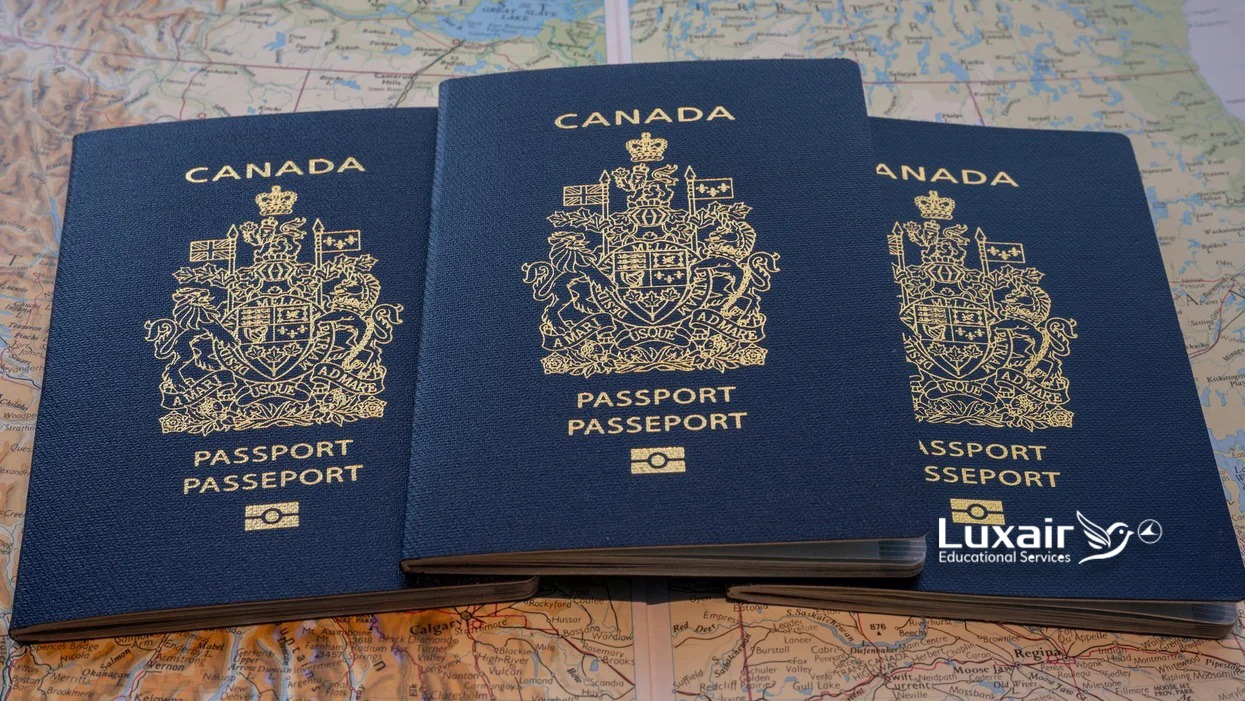In terms of quality of life and employment opportunities, Canada is ranked second in the world. We all know that it is one of the best places to live in terms of overall sustainability, cultural influence, economic influence, entrepreneurship, and quality of life.
In Canada, you have access to many of the same resources as people who are citizens of Canada as a permanent resident. You can live and work anywhere in Canada, and the Canadian Charter of Rights and Freedoms and Canadian law both protect your civil liberties. Additionally, you have access to publicly funded healthcare and education.
What are the advantages of switching to Canadian citizenship from permanent resident status?
Once you have a passport, you are free to leave and enter Canada without being subject to any constraints. However, only citizens of Canada are granted passports. Passport eligibility excludes those with temporary status as well as permanent residents.
You don't have to give up your current passport to get a Canadian one. If your native country also allows for the holding of multiple passports, you are free to keep as many as you are qualified for since Canada allows dual citizens to possess as many passports as they are allowed to.
Regardless of how you came to have permanent resident status, you need to be able to show that you physically spent 1,095 days, or the equivalent of three out of the last five years, in Canada. So in essence, it takes a minimum of three years to become a Canadian citizen.
Once you obtain a passport, you are automatically a citizen and have the same rights and liberties as every other Canadian. You can vote in elections, for instance, and you'll also find it easier to find work because some positions in Canada aren't open to permanent residents.
The fact that you no longer have to renew your status on a regular basis is arguably one of the biggest benefits of becoming a citizen. Every five years, the IRCC requires those who choose to remain in Canada as permanent residents to renew their status. Therefore, there will be no longer be any fees, applications, or requests for extensions with Immigration, Refugees and Citizenship Canada (IRCC).
The cost of education makes up the majority of expenses, but the Canadian government guarantees that all children will receive free education up to grade 12 or until they turn 18 years old. Canada has three educational levels: primary, secondary, and higher education. Then, when it comes to paying tuition for university studies, holders of Canadian passports pay less than non-residents. The Canadian authorities and government would also offer you healthcare. As all medical expenses are covered by taxes, medical care is free in Canada. This includes prescription drugs.
To begin that Canada journey, email info@luxaireducationalservices.com

